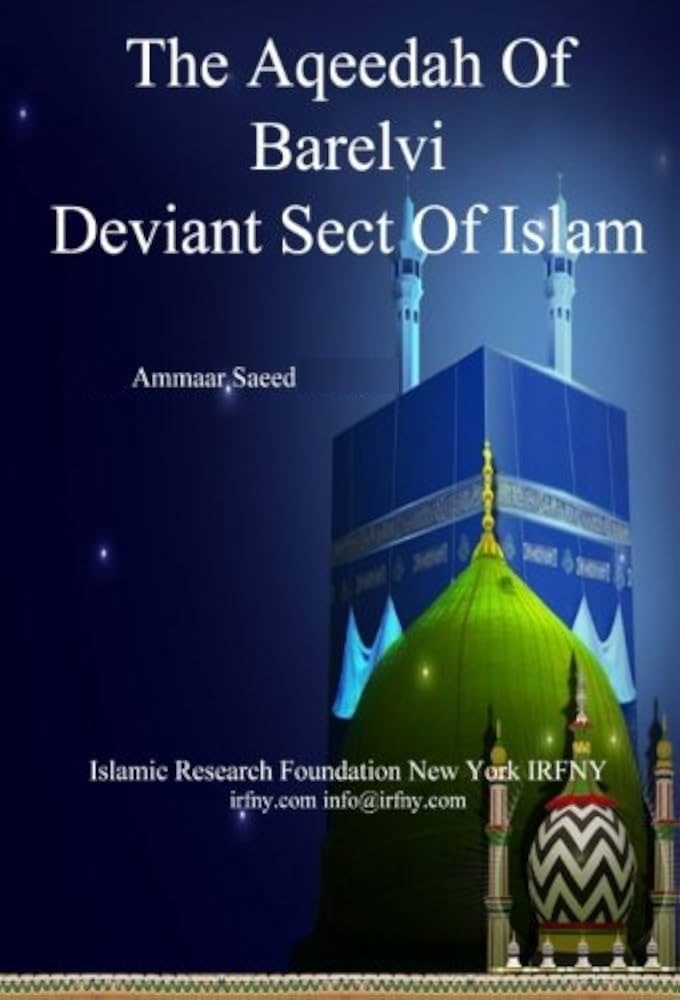In 2014, American Muslim scholar Dr. Ammaar Saeed published a controversial book titled “The Aqeedah of Barelvi Deviant Sect of Islam”, which has since ignited significant backlash and threats against his life. The book delves into the intricacies of various Islamic sects, aiming to foster understanding and intellectual debate. However, it has provoked intense criticism and hostility, particularly from Pakistan, India and segments of the Muslim community.
Dr. Saeed’s meticulous examination of sectarianism within Islam inadvertently stirred emotions and sensitivities, particularly in Pakistan and among certain segments of the Muslim community. His academic endeavour aimed to foster understanding and intellectual engagement, but it provoked hostile responses, including threats to his safety.

“My aim was never to incite discord but to encourage intellectual engagement and understanding,”
Dr. Saeed remarked, standing by his scholarly pursuit despite the backlash.
Some different sect scholars counter debated to opposition, saying,
“Dr. Ammaar Saeed’s book creates unnecessary division among Muslims. The focus should be on unity and adherence to the core principles of Islam rather than highlighting sectarian differences.”
In a counter-argument Dr Ammaar Saeed stated that
“Barelvis have several beliefs regarding Muhammad’s (pbuh) nature, which distinguish them from Deobandi, Salafi, and Shia groups in South Asia,”
Dr. Saeed stated,
“They consider the Prophet (pbuh) as a human being but created from light like angels, rather than from clay like other human beings. The Prophet (pbuh) is present in many places simultaneously, witnessing all that goes on in the world. He knows the unknown, including the future, and the authority to do whatever he desires as granted by God”
Some scholars of Barelvi sect stated, “Islam rejects bida’h in its entirety. The Prophet (PBUH) stated that if it is not of my way, then it is rejected. Coming up idea of everything is Bidah, misleads Muslims by suggesting there is room for such innovations.”
Amonge Salafi Scholars Imam Younas asserted,
“There is a complete ban on creativity, innovation, or bida’h and it has no place in Islam.”
Despite the threats and intense criticism, Dr. Saeed remains steadfast in his commitment to scholarly discourse.
“As Muslims, we must confront difficult questions and engage in meaningful dialogue, even when it challenges our preconceptions,”
he emphasized, advocating for an open and respectful discussion of theological differences.
The controversy surrounding “Deviant Sect of Islam” highlights the delicate balance between academic inquiry and religious sensitivity within the Islamic world, underscoring the need for nuanced and respectful dialogue in addressing contentious issues.
